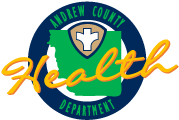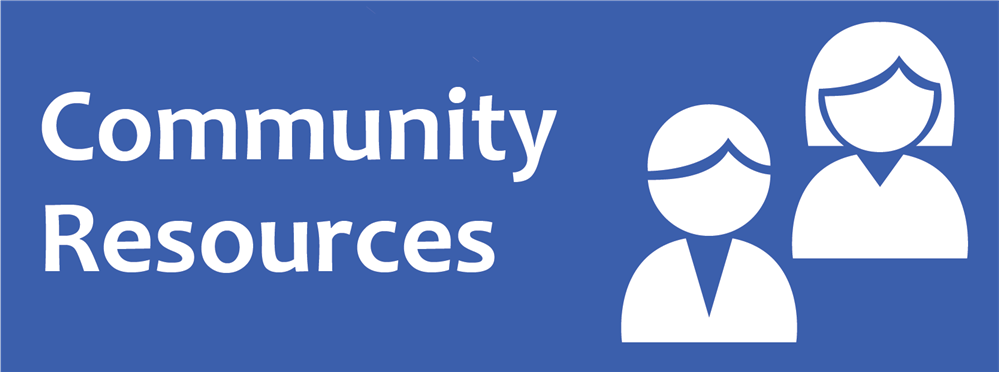News

Accepting bids for 40kW building generator and install. Bids will be accepted until 4:00 p.m. Monday, October 27, 2025. Mail or bring to Andrew County Health Department, 106 North 5 th Street (PO Box 271) Savannah, MO 64485. For information, contact Andrew Hoffman, Administrator at 816-324-3139, extension 7. Right reserved to accept bid deemed to be in the best interest.

The 2024-2029 Andrew County Health Improvement Plan (CHIP) is designed to address key health priorities by working with community stakeholders over the next five years. The CHIP draws on the results of the Andrew County Health Department’s (ACHD’s) Community Health Assessment (CHA) and other data gathered through an integrative process.
Three priority areas of focus have been established, along with specific strategies for how these issues will be addressed, all supporting the overall focus for Andrew County to be a healthier place to live, learn, work, and play.
Download the full report here.
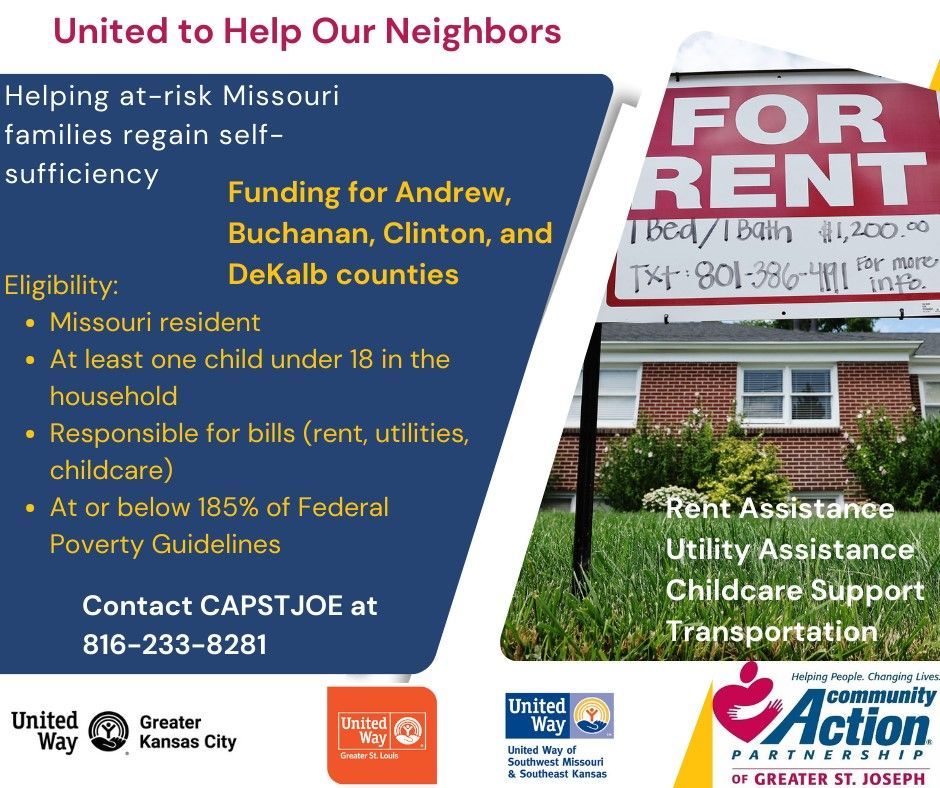
United to Help Our Neighbors
Helping at-risk Missouri families regain self-sufficiency
Rent Assistance
Utility Assistance
Childcare Support
Transportation
Eligibility
Missouri resident
At least one child under 18 in the household
Responsible for bills (rent, utilities, childcare)
At or below 185% of Federal Poverty Guidelines
Contact CAPSTJOE at 816-233-8281
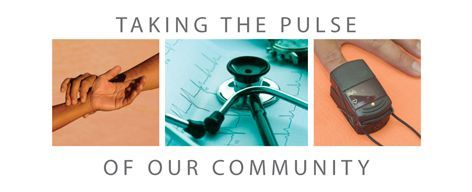
Download the report
Spanning from June 2022 to June 2023, Andrew County Health Department (ACHD) partnered with the Missouri Center for Public Health Excellence (MOCPHE) and other community stakeholders to conduct an extensive community health assessment (CHA) process in Andrew County, Missouri. This was the first CHA undertaken by ACHD in Andrew County, and the goal was to ensure that the initiative was community-driven, transparent, and in alignment with community values and health equity principles.
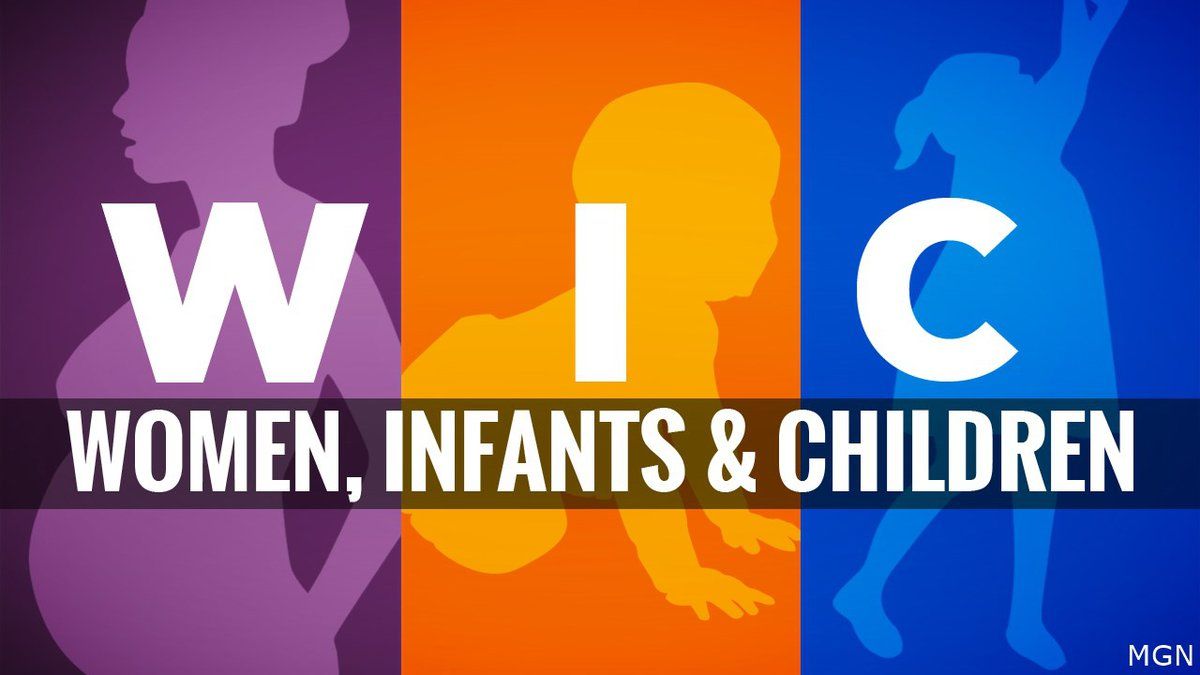
Savannah, Missouri, May 19, 2023 — The Andrew County Health Department has been awarded a $397,105.00 grant to implement a WIC Community Innovation and Outreach Project (WIC CIAO). WIC CIAO is supported by the U.S. Department of Agriculture (USDA) Food and Nutrition Service and aims to support efforts to develop, implement, and evaluate innovative outreach strategies to increase awareness, participation, and benefit redemption in the Special Supplemental Nutrition Program for Women, Infants, and Children (WIC), and reduce disparities in program delivery.

A virtual guided grocery store tour that teaches adults how to get the most nutrition for their food dollars Date: Monday, May 11, 2020 Time: 10-11 a.m. or 2 - 3 p.m. Location: From the comfort of your own home. (An online link will be shared upon registration.) Cost: FREE! Register: Morning session registration link Afternoon session registration link: In this live, online class you will: Read food labels and compare unit prices Learn how to identify whole grains Identify three ways to purchase produce - fresh, frozen, and canned Get ideas for easy and delicious meals Talk with an MU Extension Nutrition Specialist and other participants, sharing tips and experiences Receive a $10 Walmart gift card
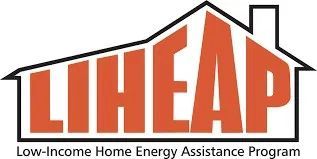
Low Income Home Energy Assistance Program (LIHEAP) Winter funds available for qualified families. Download flyer and form here . Ameren Missouri COVID-19 Clean Slate program Can help customers who don't qualify for LIHEAP pay off their energy bills. The program pays up to $500 on an account after paying 25% of the current balance. Customers can place the remaining balance on a payment agreement. (Participating agencies may have additional funds to assist with the remaining balance!) Information about the COVID-19 Clean Slate program can be found at AmerentMissouri.com/CleanSlate . Heat Up Missouri Funds available for the elderly, physically disabled, and low-to-moderate income families. More information here .

As a way to support local breastfeeding moms during World Breastfeeding Week, the Andrew County Health Department is partnering with Lens Photography, a local photographer, for the third year in a row. We will provide a FREE 10 minute breastfeeding photo session to each participating mom. They will also receive a t-shirt, a reusable shopping bag filled with information, samples, and coupons, 5 fully edited pictures, and an 8x10 of their favorite image at no cost to them.
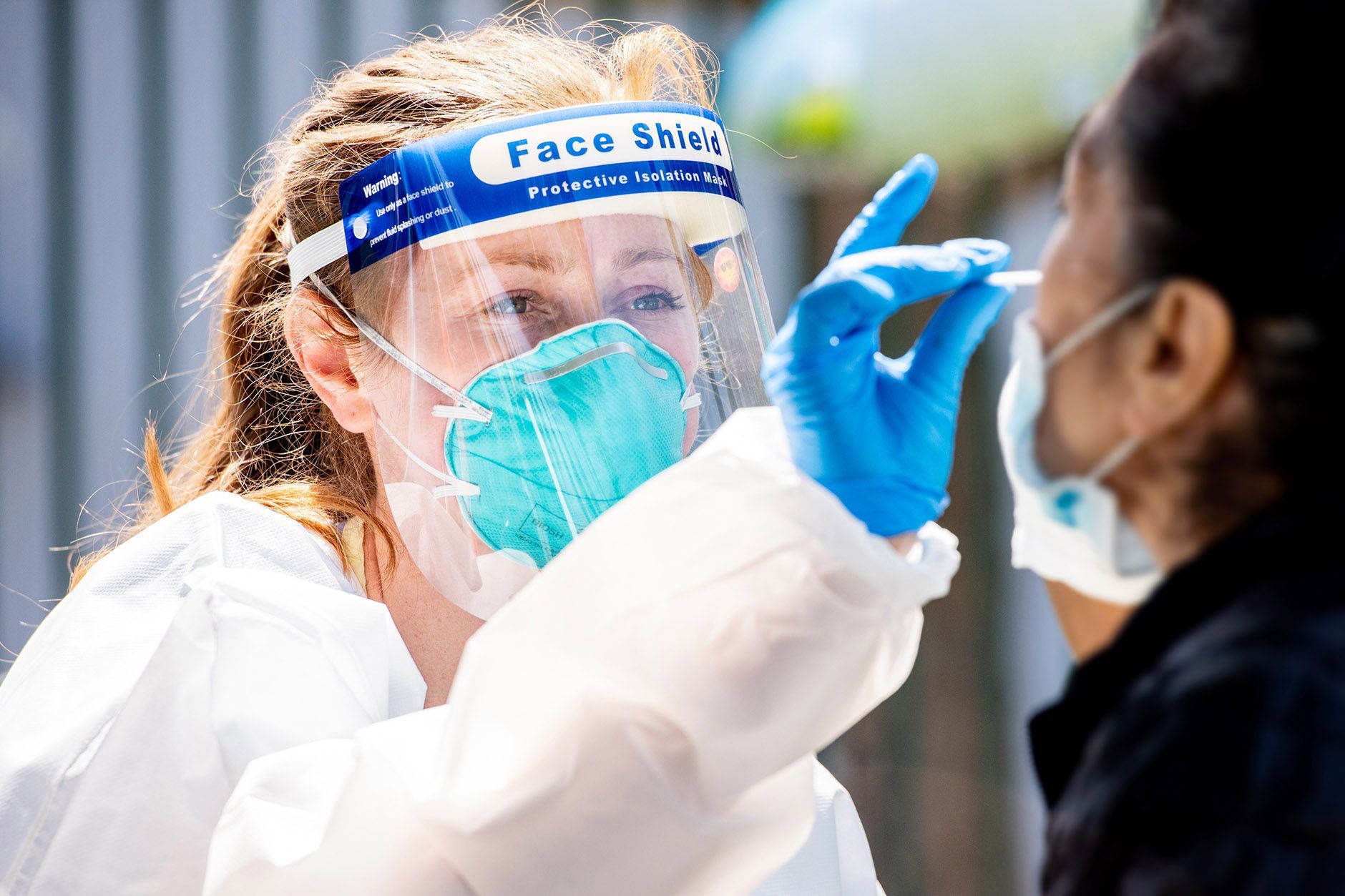
The Andrew County Health Department, in collaboration with MOSAIC Medical Center-Maryville Savannah Clinic and Northwest Health Services, will be providing COVID-19 testing for 150 residents on Friday, May 22, 2020. Residents must be 14 years of age or older with proper consent. An additional testing clinic will be arranged if capacity is reached. Symptoms will not be required to get a test. The testing will involve using a swab to take a sample from inside the nose and can be uncomfortable. The Andrew County Health Department, in collaboration with MOSAIC Medical Center-Maryville Savannah Clinic and Northwest Health Services, will be providing a second COVID-19 testing clinic for 150 residents on Friday, May 29, 2020. Residents must be 14 years of age or older with proper consent. Symptoms will not be required to get a test. The testing will involve using a swab to take a sample from inside the nose and can be uncomfortable. Testing will be completed for the first 150 residents who preregister at: https://dcphdo02redcap.azurewebsites.net/redcap/surveys/?s=FAMNRL3LF7 No ability to register online? Call the Missouri COVID Hotline to register at: 1-877-435-8411 Preregistration is required for testing. Location and time will be provided at completion of registration. This is active COVID-19 testing and not antibody testing. There is no fee for this testing clinic. This institution is an equal opportunity provider. ###
